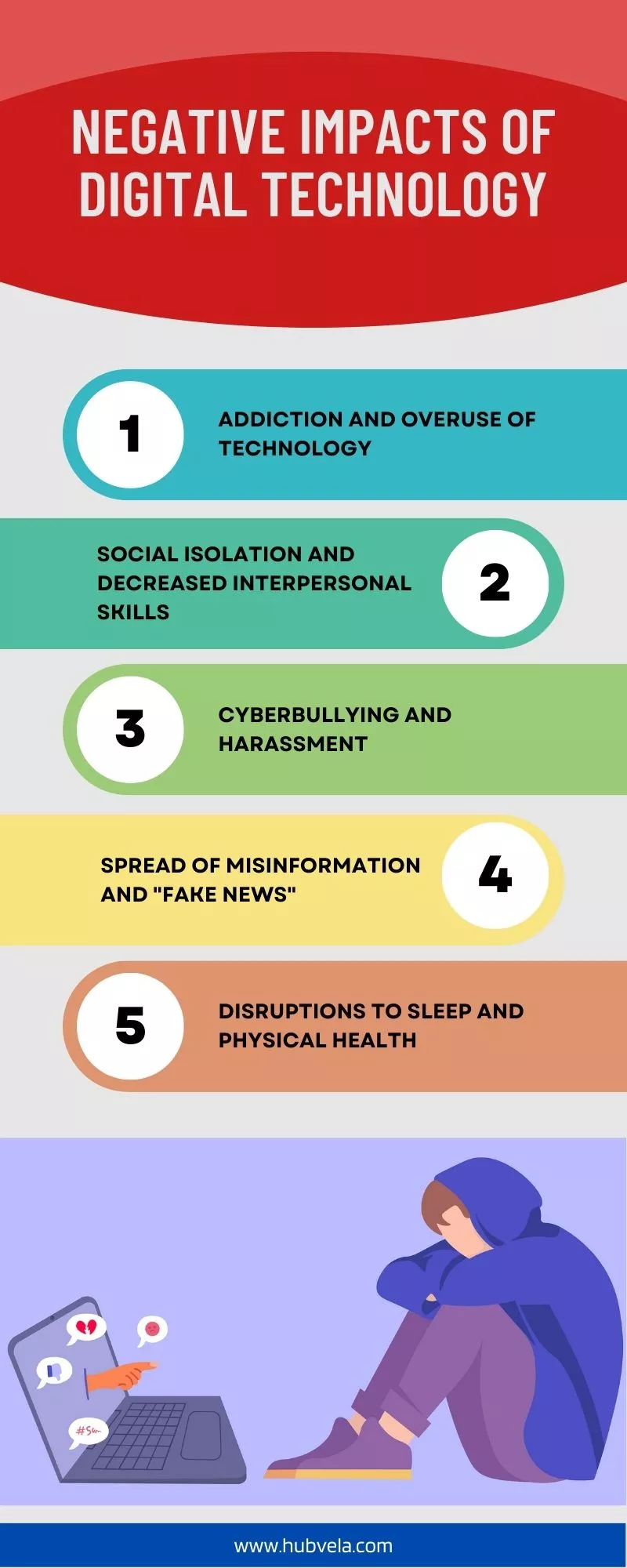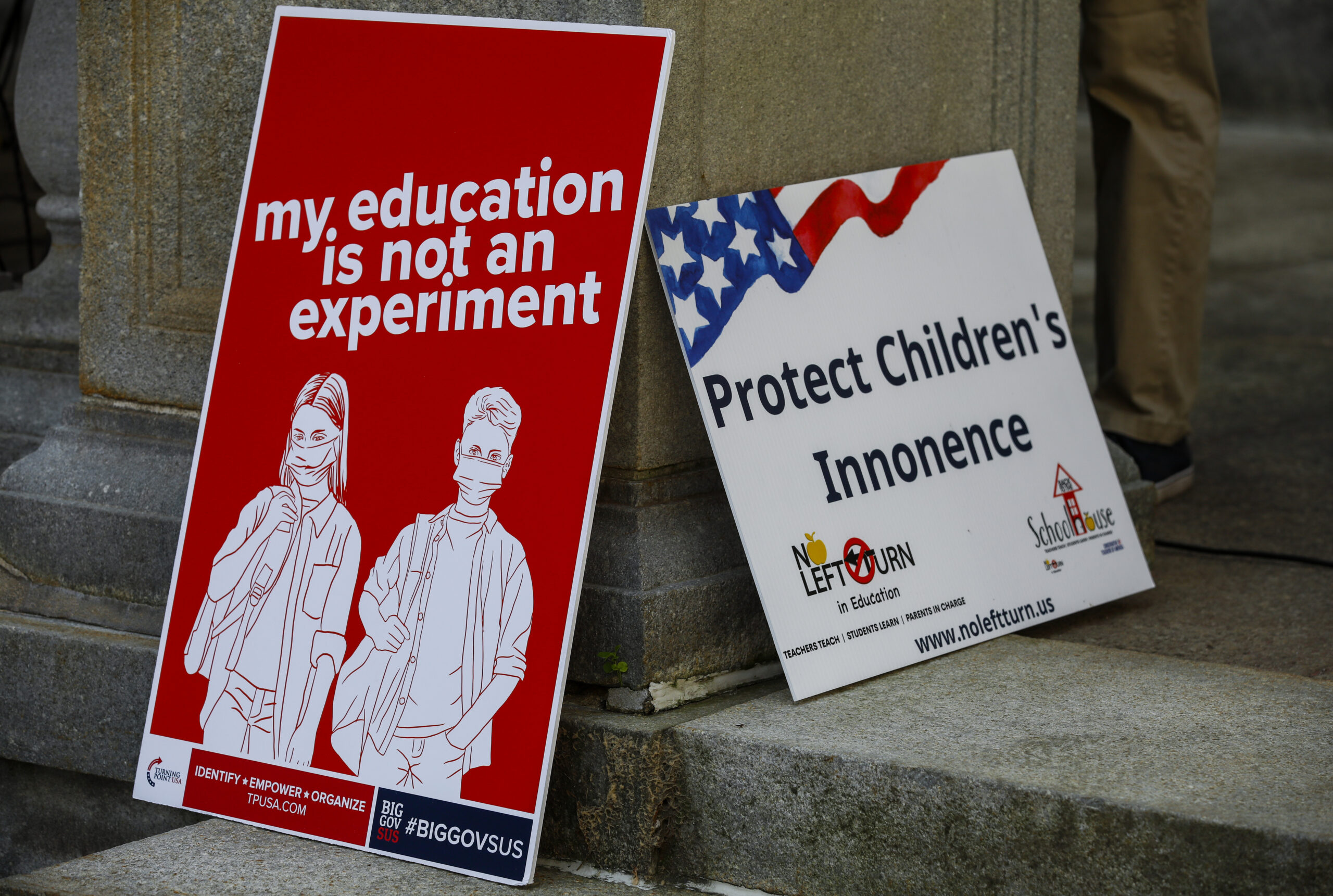OpenAI's ChatGPT: The FTC Investigation And Its Impact On The AI Landscape

Table of Contents
The FTC's Concerns Regarding ChatGPT: Data Privacy and Misinformation
The FTC's investigation into OpenAI centers around two key areas: data privacy and the potential for misinformation. These are critical concerns that highlight the ethical and legal complexities inherent in developing and deploying large language models (LLMs) like ChatGPT.
Data Privacy Issues
ChatGPT's functionality relies on vast amounts of user data. This data is used to train the model, enabling it to generate human-like text. However, the collection and use of this data raise significant data privacy concerns, potentially violating regulations such as the GDPR (General Data Protection Regulation) and the CCPA (California Consumer Privacy Act). The potential for misuse of this personal information is a major point of contention.
- Examples of data privacy concerns: Unauthorized data sharing, inadequate data security measures, lack of transparency regarding data usage.
- Potential penalties: Significant fines, legal action, reputational damage.
- User consent issues: Insufficient or unclear consent mechanisms for data collection and usage.
Misinformation and the Spread of Falsehoods
ChatGPT's ability to generate human-quality text also presents a significant challenge: the potential for generating and disseminating misinformation. The model can be prompted to create convincing but false narratives, potentially influencing public opinion and causing real-world harm. OpenAI bears a significant responsibility in mitigating this risk.
- Examples of misinformation generated by ChatGPT: Fabricated news stories, misleading scientific claims, biased historical accounts.
- Challenges in detecting false information: The sophistication of AI-generated text makes detection difficult, requiring advanced detection tools and human review.
- OpenAI's response to concerns: OpenAI has acknowledged these concerns and is actively working on improving its models to reduce the generation of false information. However, the effectiveness of these measures remains a subject of debate.
The Broader Implications of the FTC Investigation for the AI Industry
The FTC's investigation into OpenAI isn't merely an isolated incident; it sets a significant precedent for the entire AI industry. This scrutiny has far-reaching implications for innovation, investment, and the future of AI ethics.
Increased Scrutiny of AI Companies
The investigation signals a clear message: AI companies are under increased regulatory scrutiny. This heightened attention will likely lead to more thorough investigations and potentially stricter regulations for other AI companies developing similar technologies.
- Examples of other AI companies facing similar scrutiny: Companies developing facial recognition technology, AI-powered surveillance systems, and other AI applications with potential ethical or legal risks.
- Potential future regulations: Increased data privacy regulations, stricter requirements for transparency and accountability, potential limitations on the use of AI in certain contexts.
- Industry self-regulation initiatives: The AI industry is increasingly recognizing the need for self-regulation to avoid overly prescriptive government intervention.
The Development of AI Ethics and Governance Frameworks
The FTC investigation underscores the urgent need for robust ethical guidelines and governance frameworks for AI development. Governments and industry stakeholders must collaborate to establish clear standards and best practices for responsible AI development and deployment.
- Existing AI ethics frameworks: OECD Principles on AI, EU AI Act, various national and regional initiatives.
- Future policy recommendations: Increased transparency requirements, independent audits of AI systems, mechanisms for redress in cases of AI-related harm.
- The role of international cooperation: Global collaboration is crucial to establish consistent and effective AI ethics standards.
Potential Outcomes of the FTC Investigation and Their Impact on ChatGPT
The FTC investigation could have significant consequences for OpenAI and ChatGPT, ranging from financial penalties to substantial changes in its functionality and data practices.
Potential Fines and Penalties
OpenAI could face substantial financial penalties if the FTC finds violations of data privacy regulations or other legal requirements. These penalties could significantly impact OpenAI's operations and future development plans.
- Potential fine amounts: The potential penalties could range from millions to billions of dollars, depending on the severity of the violations.
- Legal precedents: The outcome of this investigation will set a precedent for future cases involving AI companies.
- Implications for future AI development: The penalties could stifle innovation or encourage more responsible development practices, depending on their severity and the accompanying regulatory changes.
Changes to ChatGPT's Functionality and Data Practices
Addressing the FTC's concerns may necessitate significant changes to ChatGPT's design and data handling practices. This could involve enhanced data security measures, improved mechanisms for user consent, and more effective safeguards against misinformation.
- Examples of potential changes: Enhanced data encryption, more transparent data usage policies, improved fact-checking mechanisms, limitations on data retention.
- User impact assessment: Changes to ChatGPT's functionality could impact user experience, potentially limiting its capabilities or requiring users to adapt to new workflows.
- Long-term implications for ChatGPT: The changes could fundamentally alter the functionality and usability of ChatGPT, shaping its future evolution.
Conclusion: The Future of ChatGPT and AI Regulation in the Wake of the FTC Investigation
The FTC investigation into OpenAI and ChatGPT has profound implications for the future of artificial intelligence. The investigation highlights the critical need for responsible AI development, prioritizing data privacy and mitigating the spread of misinformation. The outcome will undoubtedly shape AI regulation for years to come, influencing how AI companies operate and develop their technologies. To stay informed about ChatGPT and the broader AI landscape, follow the FTC investigation closely and engage with ongoing discussions about responsible AI development. Understanding AI regulation and its evolving nature is crucial for navigating the future of AI. Stay informed about ChatGPT, follow the FTC investigation, and advocate for responsible AI development.

Featured Posts
-
 Burky Anota Dos Goles Y Rayadas Consiguen El Triunfo
Apr 23, 2025
Burky Anota Dos Goles Y Rayadas Consiguen El Triunfo
Apr 23, 2025 -
 Oakland Athletics Edge Milwaukee Brewers 3 1 Key Moments Analyzed
Apr 23, 2025
Oakland Athletics Edge Milwaukee Brewers 3 1 Key Moments Analyzed
Apr 23, 2025 -
 Wildlife Conservation In The Age Of Ai Assessing The Positive And Negative Impacts
Apr 23, 2025
Wildlife Conservation In The Age Of Ai Assessing The Positive And Negative Impacts
Apr 23, 2025 -
 The Reality Of Working As A Chalet Girl Responsibilities And Rewards
Apr 23, 2025
The Reality Of Working As A Chalet Girl Responsibilities And Rewards
Apr 23, 2025 -
 Lgbtq Books In Elementary Schools Supreme Court To Rule On Parental Notification Policy
Apr 23, 2025
Lgbtq Books In Elementary Schools Supreme Court To Rule On Parental Notification Policy
Apr 23, 2025
